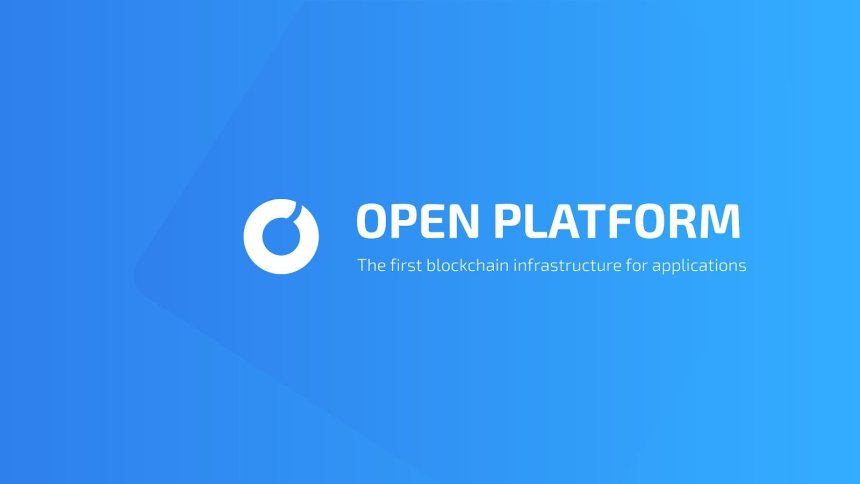As we’ve moved to a more digital economy, we have increasingly used payment processing services to transact. They are an easy way to digitally send money and pay for things in a safe and secure manner. They have become ubiquitous and necessary for many businesses that depend on online sales as well as larger organizations and companies such as eBay that depend on the security of the platform.
The Rise of PayPal
Currently, a few of the most popular payment platforms on the market include PayPal, Square, and Venmo. According to McKinsey, the global payments industry will generate an estimated $2.2 trillion in revenue by 2020. PayPal, an early pioneer in online payments, first came into being as a way to transfer money over email in 1998. It was considered a technically difficult idea at the time, as it was difficult to integrate into existing payment structures and users were unsure of its security. Over time, however, these issues quickly dissipated. It proceeded to grow quickly, as users found the vastly streamlined process of sending money to be unique.
This growth was in an opportune time, as the e-commerce space, started by sites like eBay, quickly began to boom. In 2002, eBay acquired a controlling interest in PayPal for $1.5 billion and held the company until 2014. In 2014, PayPal spun off of eBay and immediately climbed to an $80+ billion valuation.
PayPal was able to outgrow existing giants in the finance space through their strong vision and an opportune environment for growth. The rapid growth of the e-commerce industry allowed PayPal to secure a strong foothold in the market and grow with the industry.
PayPal was a truly empowering idea at the time — it enabled users anywhere to pay people for goods. As it grew with e-commerce, e-commerce grew with it. The company spawned an entire generation of payment platforms and helped individuals all around the world send money quickly and efficiently.
Problems with the Current System
Unfortunately, there still exist numerous flaws with fiat payments and payments with credit cards. If you take a look at the fees page for PayPal, you will find it has become a lengthy list that covers any possible transaction. These fees have grown and spread to marketplaces such as the App Store, which takes fees of 30% on every transaction. They also all require a credit card and access to a bank account which is still an issue in many parts of the world.
Here’s where crypto payments come in. Crypto can be used by anyone, even individuals without bank accounts or credit cards.
“Blockchain technology is, at its core, designed to empower people versus organizations. It is thus natural that blockchain democratization is also core to its success.”
-Eric Piscini, Deloitte Consulting LLP
There are no middlemen to take fees in a decentralized environment. Blockchain technology and cryptocurrencies give the power back to people to take control of their funds.
There are currently a few projects that attempt to fill the gap for a payment processing system that works with cryptocurrencies. Part of the problem with the existing solutions is that they are inflexible, can require a separate application, and are usually limited to a few currencies as options. There aren’t many easy ways to implement this into existing apps without rewriting code, and oftentimes having to learn a specific blockchain language. Currently, the people accepting cryptocurrencies in their apps are crypto enthusiasts and those willing to devote their time to implement them.
How OPEN Platform Plans to Revolutionize Crypto
This is where OPEN Platform shines, by making this entire process simple for developers, and in turn, their users. With the use of an API that does not require learning Solidity or the workings of a specific chain, anyone can easily include the option to accept cryptocurrencies as payment. This has huge ramifications on website and app development, as it allows developers with little experience in the crypto space to add the option for an entirely new market sector. OPEN is blockchain agnostic, in that it can work with any existing network and accept multiple currencies in its wallet. This allows developers to give their customers options in what they use as a means of payment, as well as choose what currency they would like to accept.
The market for OPEN will only grow as the total cryptocurrency market cap grows and it becomes adopted by more people. The ease of use that is at the core of OPEN due to how simple it is to implement into any application or website will benefit the entire market as it will increase the spending and use of currencies. This, in turn, will lower volatility and make it more appealing for more traditional businesses to use. As the early 2000s were an opportune time for PayPal, we are in a similar stage of cryptocurrencies and blockchain technology. As we move past a speculative market towards working products and useful solutions, OPEN will be primed to take advantage of the growing interest in this sector.
As it stands, OPEN can be the premier and leading payment platform for the cryptocurrency markets, and follow the path PayPal has laid, by changing the way people spend their money. It will remove the middlemen and bring opportunities to those outside the traditional financial system. The OPEN team is looking to the future with their high-throughput blockchain, the OPEN Chain, which allows for interoperability and will push the blockchain space further.
Find Out More
To learn more, visit the great community they have on their Telegram channel here, or check out their blog for the latest progress reports and updates.
